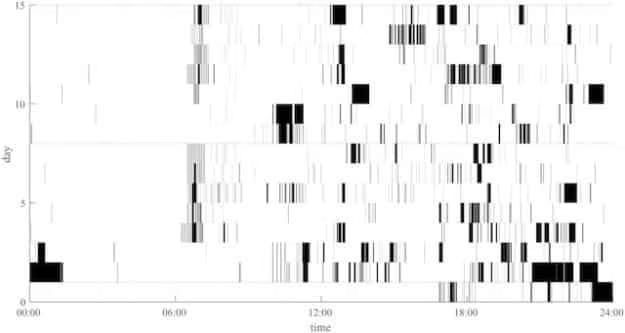Models + Data = Prediction

Source: You are your phone | ROUGH TYPE >
This is a fascinating little piece. Basically, analyzing your phone and how you use it can tell a great deal about a person, including things like your credit worthiness.
This is because your phone is intimately tied to your behavior, with hundreds of touch points that speak to your preferences. Sleep patterns. How careful you are with manicuring your contacts. Etc.
A case in the big data point
What I see here is simply an exposure of data.
The more you know about a person, combined with the more you know about human nature, the more you can know other things about that person. And this keeps extending the more you extend each component.
# Prediction
HumanNatureKnowledge + IndividualData = PredictionAbility
And remember, prediction is center of the bullseye for the technical game. Knowing what things and people are going to do (and want to do) is the most coveted achievement possible.
This is how you customize. It’s how you optimize. It’s how you sell things.
How to see the world in this way
The best way to look at the world in this light is not to be impressed (or spooked) every time research like this is done.
We need to see the world as truth in variables, and the more variables you know, combined with the better models for human understanding you have, the more you’ll be able to see patterns and make predictions.
In this case, the variables are the human makeup. The complexity of a given human. They have credit worthiness. They have sleep patterns. They are careful about entering contacts or not. Etc.
The reason we can’t instantly tell you which behaviors mean what is simple: we don’t have the data. There are absolutely causes and correlations threading all through these behaviors, but we simply cannot see them without knowing the variables and making the models.
And that’s what the phone study did. It lifted the covers on some very human variables in a way that’s hard to do in a study. Nothing is closer to you than your phone, and the researchers tagged along with it to collect their variables.
Summary
The truth of the world lies in variable data
If we knew every variable and had time to build models, there would be few surprises
The more data we have, and the better our models, the better we can tell you about a given person just by knowing a few things about them
Look for opportunities to capture variables in business and in curiosity, and harvest them for insights using solid models